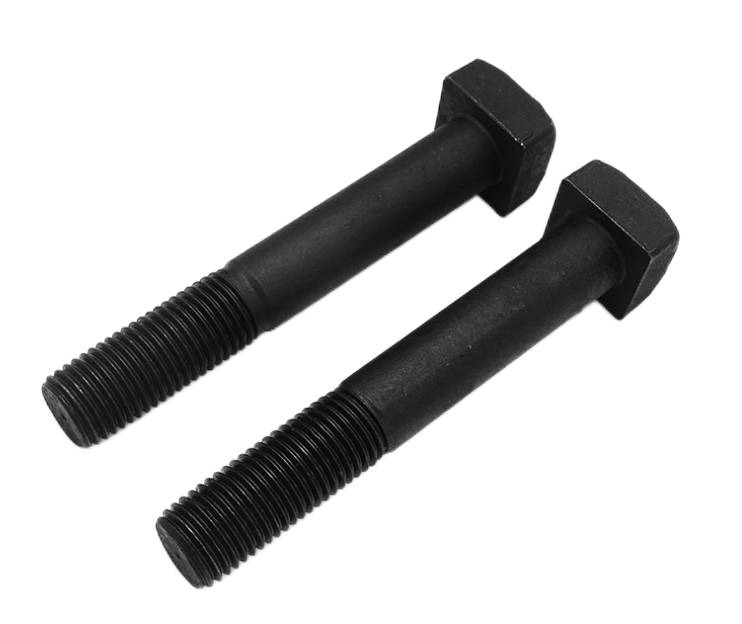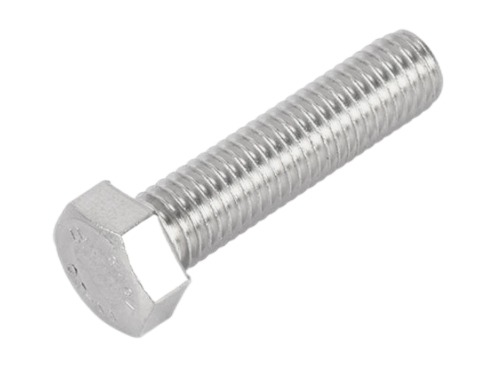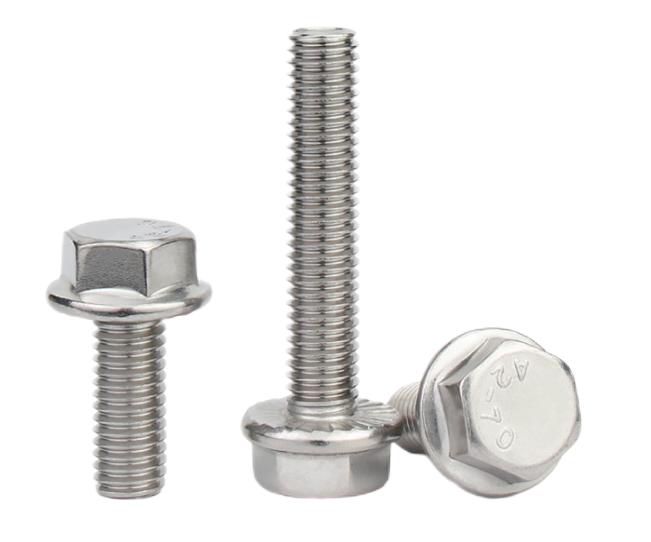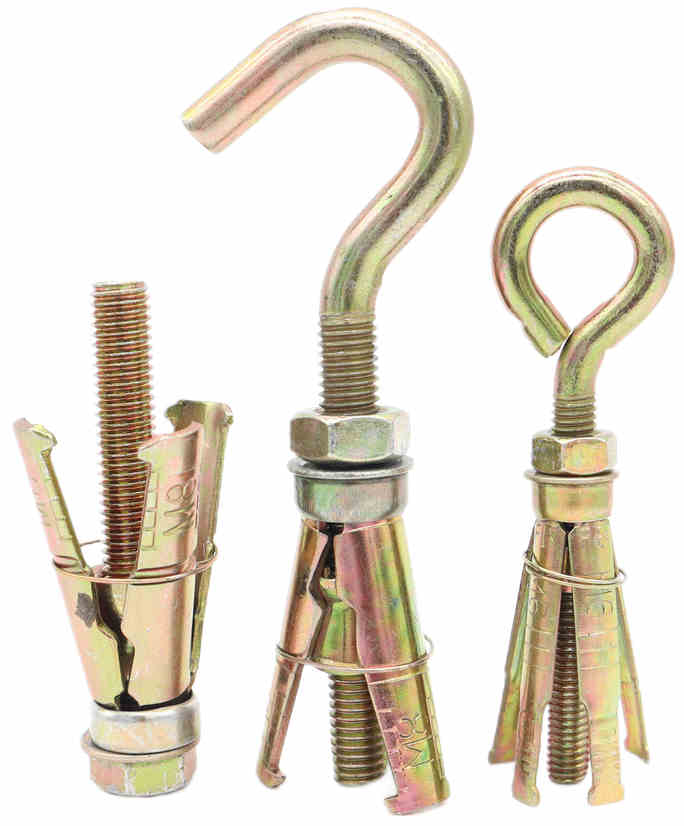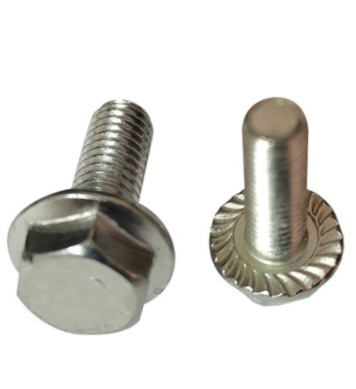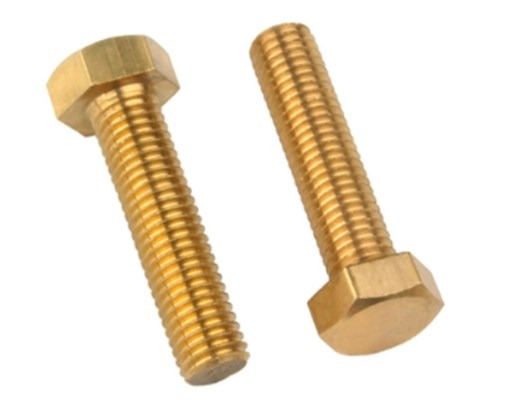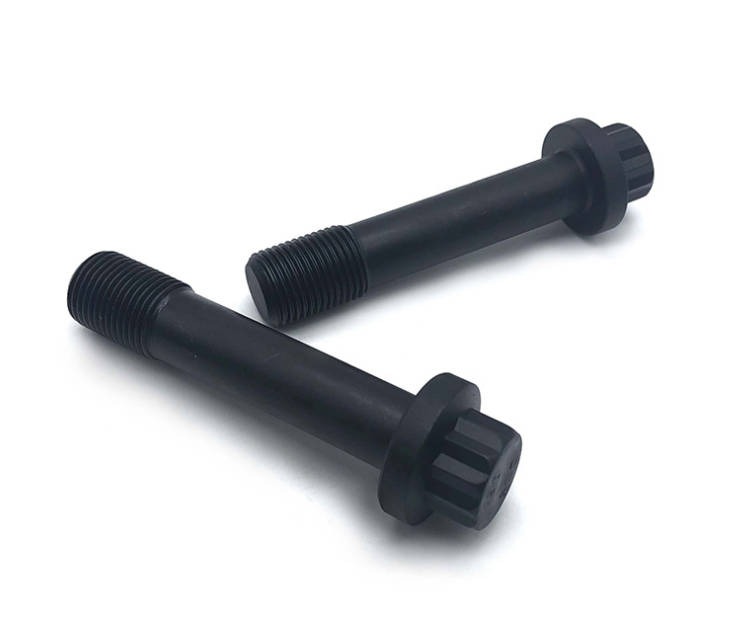What are Flange Bolts: Materials, Durability and Lifetime
Flange bolts are crucial components used in various industries for secure and reliable connections. These bolts come in different types, such as flange head bolts, hex flange bolts, high-strength flange bolts, and stainless steel flange bolts. In this article, we will explore the materials used in flange bolts, their durability, and their applications in diverse industries.

Materials Used for Flange Bolts
Flange bolts are manufactured using a wide range of materials, each offering unique properties and advantages.
Steel
Steel is a common material choice for flange bolts due to its strength and affordability. It provides reliable performance in many applications, making it a versatile option for general-purpose use.
Stainless Steel
Stainless steel flange bolts offer exceptional corrosion resistance, making them ideal for applications exposed to harsh environments, chemicals, or high humidity. They maintain their strength and appearance over extended periods, reducing the need for frequent replacements. Stainless steel flange bolts come in various grades, such as 304 and 316, offering different levels of corrosion resistance.
Alloy Steel
Alloy steel flange bolts possess enhanced strength and durability compared to standard steel bolts. They are often heat-treated to improve their mechanical properties, making them suitable for high-stress applications or industries that require specific strength requirements.
Titanium
Titanium flange bolts are known for their exceptional strength-to-weight ratio. They offer excellent corrosion resistance and are often used in industries such as aerospace, where lightweight yet strong fasteners are required.
Brass
Brass flange bolts are primarily used in applications where electrical conductivity is crucial. They offer moderate strength and are commonly found in electrical and electronic equipment.

Lifetime and Durability of Flange Bolts
Several factors influence the lifetime and durability of flange bolts, including the materials used, environmental conditions, installation practices, and maintenance procedures.
Factors Affecting Flange Bolt Lifetime
Material Strength and Fatigue Resistance: The strength of the material used in flange bolts determines its ability to withstand cyclic loading without failure. Proper material selection ensures that the bolts can endure repeated stresses and strains.
Corrosion Protection Measures: Corrosion is a common threat to the longevity of flange bolts, especially in corrosive environments. Coating and plating options such as zinc plating, galvanizing, organic coatings, and electroless nickel plating can enhance the corrosion resistance of the bolts.
Proper Installation and Torquing: Correct installation practices, including proper torque application, ensure that the bolts are securely fastened. Inadequate torque can lead to loosening, compromising the integrity of the connection.
Maintenance and Inspection Practices: Regular maintenance and inspection help identify signs of wear, damage, or loose connections. Prompt replacement of worn or damaged flange bolts is essential to maintain the integrity of the fastening system.

Expected Lifetime of Flange Bolts
The expected lifetime of flange bolts can vary depending on various factors, including the application, environmental conditions, and maintenance practices. Generally, flange bolts made from materials with high corrosion resistance, such as stainless steel, tend to have a longer lifetime. Environmental factors, such as exposure to moisture, chemicals, or high temperatures, can impact the longevity of the bolts. Regular maintenance and replacement intervals, based on industry guidelines and inspection results, help ensure the continued reliability of the flange bolts.
Corrosion Protection for Flange Bolts
Corrosion resistance is essential for flange bolts, particularly in environments where exposure to moisture, chemicals, or other corrosive agents is prevalent.
Importance of Corrosion Resistance
Corrosion can weaken flange bolts and compromise their structural integrity. Therefore, implementing effective corrosion protection measures is crucial.
Coating and Plating Options
To enhance the corrosion resistance of flange bolts, various coating and plating options are available:
Zinc Plating
Zinc plating provides a protective layer on the surface of the bolt, offering a barrier against corrosion. It is a cost-effective solution widely used in many industries.
Galvanizing
Galvanizing involves coating the bolt with a layer of zinc through a hot-dip process. This provides excellent corrosion protection, especially in harsh environments.
Organic Coatings
Organic coatings, such as epoxy or polyurethane, create a barrier against moisture and chemicals, safeguarding the bolts from corrosion.
Electroless Nickel Plating
Electroless nickel plating offers superior corrosion resistance and uniform coverage on the bolt’s surface. It is commonly used in industries where high corrosion resistance is required.
Other Corrosion-Resistant Coatings
There are various other specialized corrosion-resistant coatings available, depending on the specific application requirements. These coatings may include PTFE (polytetrafluoroethylene) or Xylan.

Stainless Steel as a Corrosion-Resistant Material
Stainless steel is widely regarded as an excellent material choice for flange bolts due to its inherent corrosion resistance properties.
Grades of Stainless Steel for Flange Bolts
Different grades of stainless steel, such as 304 and 316, offer varying levels of corrosion resistance. Grade 316 stainless steel is particularly suitable for applications exposed to chloride environments, such as marine or coastal areas.
Benefits and Limitations of Stainless Steel
Stainless steel flange bolts offer several advantages, including high corrosion resistance, durability, and aesthetic appeal. However, it is important to consider the potential for galling or seizing, especially when using stainless steel bolts with stainless steel nuts.

Conclusion
Flange bolts are vital components in various industries, providing secure and reliable connections. Material selection is crucial, with options ranging from steel and stainless steel to alloy steel and specialized materials like titanium or brass. The durability and lifetime of flange bolts depend on factors such as material strength, corrosion resistance, installation practices, and regular maintenance. Implementing proper corrosion protection measures, including coatings and platings, ensures the long-term reliability of flange bolts. Considering the materials used, implementing effective corrosion protection, and adhering to maintenance practices, the longevity and reliability of flange bolts can be ensured in diverse applications.

